What is the Eurovision Song Contest?
Started way back in 1956 as a way of drawing a fractured Europe back together with the healing power of music, the Eurovision Song Contest, or Concours Eurovision de la Chanson – the contest is telecast in both English and French – is open to all active members of the European Broadcasting Union, which oversees the competition.
Each country is permitted to submit one three-minute song to the contest – a song which is selected by a variety of means, usually a winner-takes-all competition such as Sweden’s renowned Melodifestivalen – which they perform in one of two semi-finals in the hopes of making it to the glittering grand final.
Only six countries have direct entry into the grand final:
- The Big Four who fund most of the contest – UK, Germany, France and Spain
- The host country (which is the winner of the previous year’s contest)
- Italy, who didn’t take part for many years and was re-admitted in 2011 after a 14 year absence (it was one of seven countries that competed in the first event), making the Big Four the Big Five.
The winner is chosen by a 50/50 mix of viewer votes (you cannot vote for your own country) and a jury of music industry professionals in each country, a method which was chosen to counter the alleged skewing of votes based on political and/or cultural lines when voting was purely the preserve of viewers at home.
Past winners include, of course, ABBA in 1974 with “Waterloo” and Celine Dion who won for Switzerland in 1988 with “Ne partez pas sans moi”.Above all though, the Eurovision Song Contest is bright, over the top and deliciously camp, a celebration of music, inclusiveness and togetherness that draws annual viewing figures in the hundreds of millions.
ESTONIA: “The Lucky One” by Uku Suviste
THE ARTIST
Like many a Eurovision entrant before him, 38-year-old Uku Suviste got things off to a very early start musically.
At the age of six, when most kids are happy to colour within the lines and not spill juice down the front of their school uniforms, Suviste enrolled in a specialised music class at Tallinn School No. 21 as well joining the Tallinn Boys Choir and the school’s own boys choir.
Almost 10 years later, and after the guidance of his solfeggio (ancient six-tone scales used in sacred music including Gregorian chants) teacher, Lydia Rahula, Suviste was studying piano at the Tallin Music School, which was followed by time at the Georg Ots Tallinn School of Music studying pop jazz singing (with stops along the way for military service and the acquisition of computer systems admin qualifications; guessing his mum wanted something for him to fall back on if the music gig failed?).
If you think that’s plenty of music study, you’d be wrong because Suviste also spent 1 1/2 years studying at the singing, contemporary writing and music production at the Berklee College of Music in Boston, Massachusetts, USA.
That’s a lot of plaques on the wall testifying to his musical prowess but to those studious accomplishing you can plenty of singing contests, TV shows and festivals, and now, of course, Eurovision with Suviste winning Eesti Laul, the Estonian Eurovision selection process, after several unsuccessful attempts.
THE SONG
Like so many other artists, but sadly not all from 2020, Suviste is back for 2021 with an intensely emotional banger of a song that oozes all the angst you could hope for.
While some feel many returning artists have presented with weaker songs in 2021, you could well argue that Estonia is back with a far stronger contender although once again, the song feels a little too formulaic to be truly memorable.
It’s undeniably catchy and Suviste is suitably earnest and heartfelt which matters for a song of this kind, and for Eurovision overall, so consider those boxes dutifully ticked but the reality is that the song never really makes a lasting impression beyond the transitory and that will matter when it comes to voting.
Hopefully Suviste can pull off a knockout stage performance which could give the song the boost it needs to go on to the grand final though if that happens, don’t expect Estonia to figure too prominently.
FINLAND: “Dark Side” by Blind Channel
THE ARTIST
You have to admire a band whose favourite emoji is the middle finger and who wistfully remember the hair of one of their own catching fire during a show.
They are not there to make you feel like you’re wandering through a garden of daffodils on a sunlit day with Joel Hokka (vocals and guitar), Niko Vilhelm (vocals), Joonas Porko (guitar), Olli Matela (bass), Tommi Lalli (drums) and recent addition Aleksi Kaunisvesi (keyboards) far more keen to introducing everyone to what they winningly term “violent pop”.
Officially labelled a post-hardcore band, the mask-less band (think back to 2006 if you can) kicked things off in 2014 with debut singles “Naysayers” and “Calling Out” with their first album Revolutions coming out in 2016, followed two years later by Blood Brothers.
Now winners of the Finnish selection contest for Eurovision, Uuden Musiikin Kilpailu 2021, the band are eager to go global and make their loud and proud and “endless beer tap” wishing-influenced music available to the far too quiet people of the world.
But will ambition meet actual success with their song “Dark Side”?
THE SONG
Goodbye earnest ballad pop – 2002’s Aksel was aiming to woo us with earnest emotiveness and largely succeeded – and hello ragingly pleasing hard rock!
Blind Channel are not so much interested in lulling you into swoon-worthy contentment but rather encouraging your inner freak or psycho to have their moment in the “Dark Side” living sun (a black sun, thank you; none of that light, happy yellow stuff if you please)and to rather fittingly, put your middle finger up.
They are likely not your grandmother’s favourite singer like dear Aksel was but then like they don’t care to be; they want to lead a lifestyle of the “dark and dangerous” and do it with lots of people as the band’s singer Niko explains on eurovision.tv
“‘Dark Side’ is a song that’s meant to be performed together with an audience, as a kind of communal experience. Now we needed to find that audience – and we knew that there were lots of people out there who felt exactly like we did.”
Very much evoking the spirit of 2006’s winning Finnish entry “Hard Rock Hallelujah” by Lordi, look for Blind Channel to make quite the growling splash and while there’s no guarantee they will win, they win make an impression in a year which doesn’t have a surfeit of songs with distinctive vote-attracting personalities.
GEORGIA: “You” By Tornike Kipiani
THE ARTIST
Another child of the now-ascendant reality TV singing show phenomenon, Tornike Kipiani won the first series of X Factor Georgia, a heady bit of success that also gave him his first (admittedly not yet realised at the time) taste of Eurovision magic with Tamta, who represented Cyprus at Eurovision in 2019, acting as his mentor on the program.
Having fallen into singing at the age of 19 when his band needed a vocalist and he decided to fill in while they searched for one – spoiler alert: he was so damn good at the job that he kept it; withdraw the classified ad will ya? – the qualified architect and father-of-three has made a rather successful go of his unexpected vocal-centric career.
While he wasn’t successful at his first attempt at representing Georgia at Eurovision, with his industrial techno song “You Are My Sunshine” not winning the hearts and minds of his presumably more placid countrymen and women, he succeeded with “Take Me As I Am” which sounds uncomfortably like, for anyone with an evangelical Christian background, but is, you’ll be relieved, is all about love of a far more romantic kind.
THE SONG
Now here is an instance where this year’s song, while pleasing enough, is not a patch on the 2020 entry.
While “You” has both a fetchingly aching melody and emotively affecting vocals, it’s lacking that magic something that gave Kipiani’s 2020 effort, “Take Me As I Am” such resonance and memorability.
Where this song will likely come into its own is on stage where it will likely perform its potential for goosebump-inducing and produce on of those golden moments where time stands tall, emotions are heightened and everything seems to stop for one song.
“Take Me As I Am” likely would’ve accomplished that with even more panache but if Georgia is selected for the grand final, it will be because Kipiani pulls out all the stops which he seems eminently capable of doing.
GREECE: “Last Dance” by Stefania
THE ARTIST
It’s mononym time again with Greek-Dutch singer Stefania Liberakakis dispensing with the surname, professionally at least, in search of pop stardom.
Getting going early on her path to hoped-for musical success, Stefania convinced her parents to let her enter The Voice Kids in the Netherlands when she was just 10, and while that didn’t lead to a win, it did usher in a two-year membership of children’s choir Kinderen voor Kinderen, and subsequent representation for the Netherlands at Junior Eurovision 2016 s part of the all-girl group Kisses.
She’s followed this first taste of Eurovision glory with four singles, a TV acting gig in the show Bruglas and in three Dutch movies, as well making a name for herself as an active YouTuber.
That’s a lot going on when you’re a 18-year-old to which she can also add representing Greece at the 2021 Eurovison Song Contest, a gig she retained from 2020.
THE SONG
Keeping up the dance energy she brought to 2020, a year in which dancing was off the table for most countries around the world, Stefania returns in 2021 with “Last Dance” which keeps it ruminatively slow in the verses before kicking things up to an ever-building degree in the chorus which will no doubt come with a dazzling live performance.
It’s still not the strongest dance banger up for selection with Azerbaijan’s “Mata Hari” going all out to successfully get your feet desperate to hit the dancefloor but it has all the emotions, an oblique hopefulness (the lyrics seem to hint at holding onto dreams so let’s tick that Eurovision thematic box shall we?) and earnestness that the contest calls for.
There’s no word if Greece’s entry will be bringing her own Pegasus onto the stage but it’ll be surprising if she doesn’t go big with some sort of big stage prop since Greece has shown a fondness and proclivity for big choreography enablers.
Sheer energy and poptasticness will likely get Greece into the grand final, hopefully aided by the sort of strong stage rendition the song is all but demanding.
ICELAND: “10 years” by Daði og Gagnamagnið
THE ARTIST
Much has been made of appealingly idiosyncratic Icelandic singer Daði Freyr who, even before Eurovision had got going in earnest was attracting all the very best kinds of attention.
He and his band Gagnamagnið (which features his wife Árný Fjóla Ásmundsdóttir on keyboards), also known as Daði & Gagnamagnið, began their highly-successful time together back in 2017 when the latter supported the former during his performance at Iceland national Eurovision selection contest Söngvakeppnin.
While Daði Freyr Pétursson, as he is known to Iceland’s tax department, didn’t win that year – the honour went to Svala Björgvinsdóttir with her song “Paper” – it obviously fuelled the fire in the belly of the artist who is described by his Eurovision bio as part of the “Icelandic disapora”, resident in Berlin, Germany.
He is very family-oriented with his two sisters providing backing vocals to “Think About Things”, his wife on keyboards and the video that accompanies the song ending, rather poignantly, in the words again of his Eurovision bio, “[with Daði] surrounded by his family, reaching out to Europe.”
But will Europe receive this familial entreaty in the way that it’s intended?
THE SONG
Daði Freyr and his band Gagnamagnið were the darlings of 2020 with their charming song “Think About Things” and were odds-on favourites to take the crown, or rather crystal microphone, until COVID-10 ensure there was no glittering prize to hold aloft.
Thus the big question when Iceland announced they were sticking with their pick for 2020 was good they strike quirky pop cuteness all over again?
Within nanoseconds of the retro keyboard making its presence felt at the start of the song, it’s clear that the band are going to not only going to keep the charm offensive going strong but that they have the musical substance to back up the whimsy and fun they seem to effortlessly effuse.
“10 Years” is a romantically sweet pop song that celebrates love with a gushy loveliness that combined with the ’80s-influenced light, jaunty music will ensure the band, and thus happily Iceland, will capture peoples’ heart as well as captive their pop-loving souls which can only result in some pretty serious voting in their favour.
EUROVISION EXTRA EXTRA!
Granted, it’s less than 39 days now to Eurovision but this video is still cool to watch anyway because excitement and anticipation are everything and that will only grow the closer we get to the event itself …

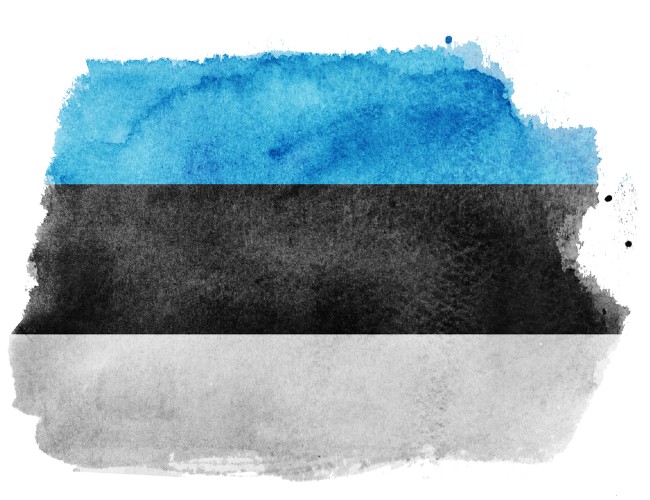

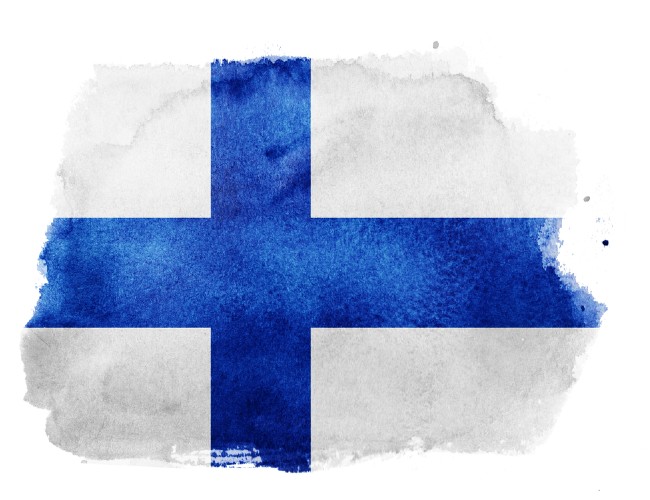

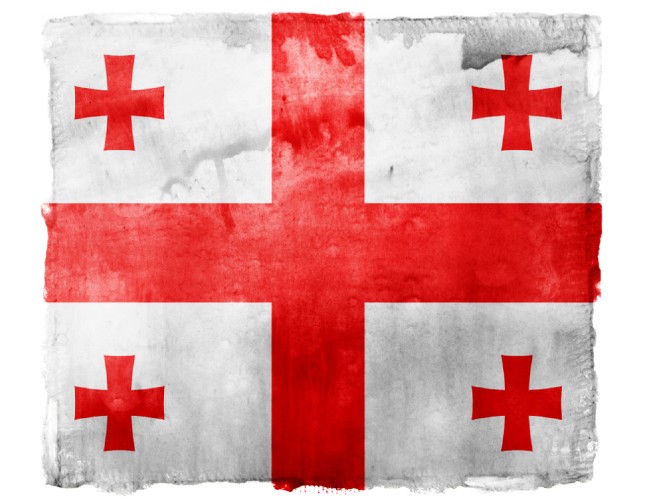

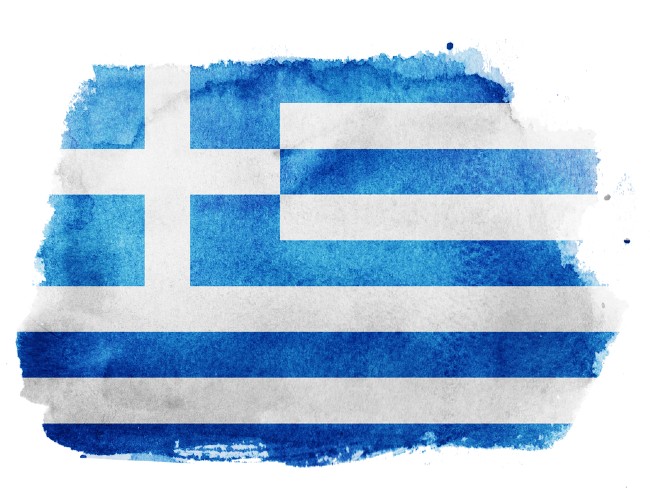

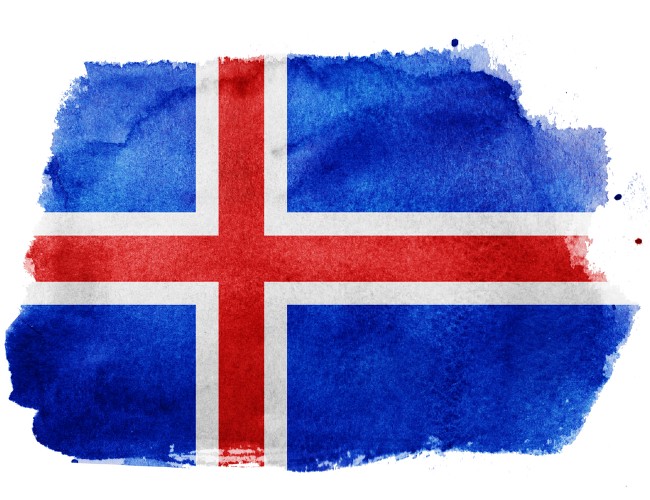

Hello again
I like Estonia, a nice ballad, beautiful presented and I hope it’ll do well. Depending on the live performance on placing this could miss qualification, though.
Finland – not my cup of tea. I liked Rock in the past (Hungary 2018 was my favourite) but I can see a lot of momentum for this.
France, a song I don’t get, and I am a fan of Chanson. I am surprised at the momentum behind this. I wish France and Finland luck, always great to see countries who haven’t scored well for a while to hit the zeitgeist, which they clearly have done.
Georgia is a sweet ballad but it doesn’t excite me much. Maybe because I liked his song last year so much this comes as an anti climax for me.
Greece is a LOT better than her song last year. You can accuse it of being European rather than Greek but it is a brilliant song and definitely Top 10 worthy
Now Iceland was the real surprise. I was so in love with the sound that I maybe had too high expectations. While I think it’s quirky and funny and I adore Dadi and friends, it’s the song I skip most on my playlist.